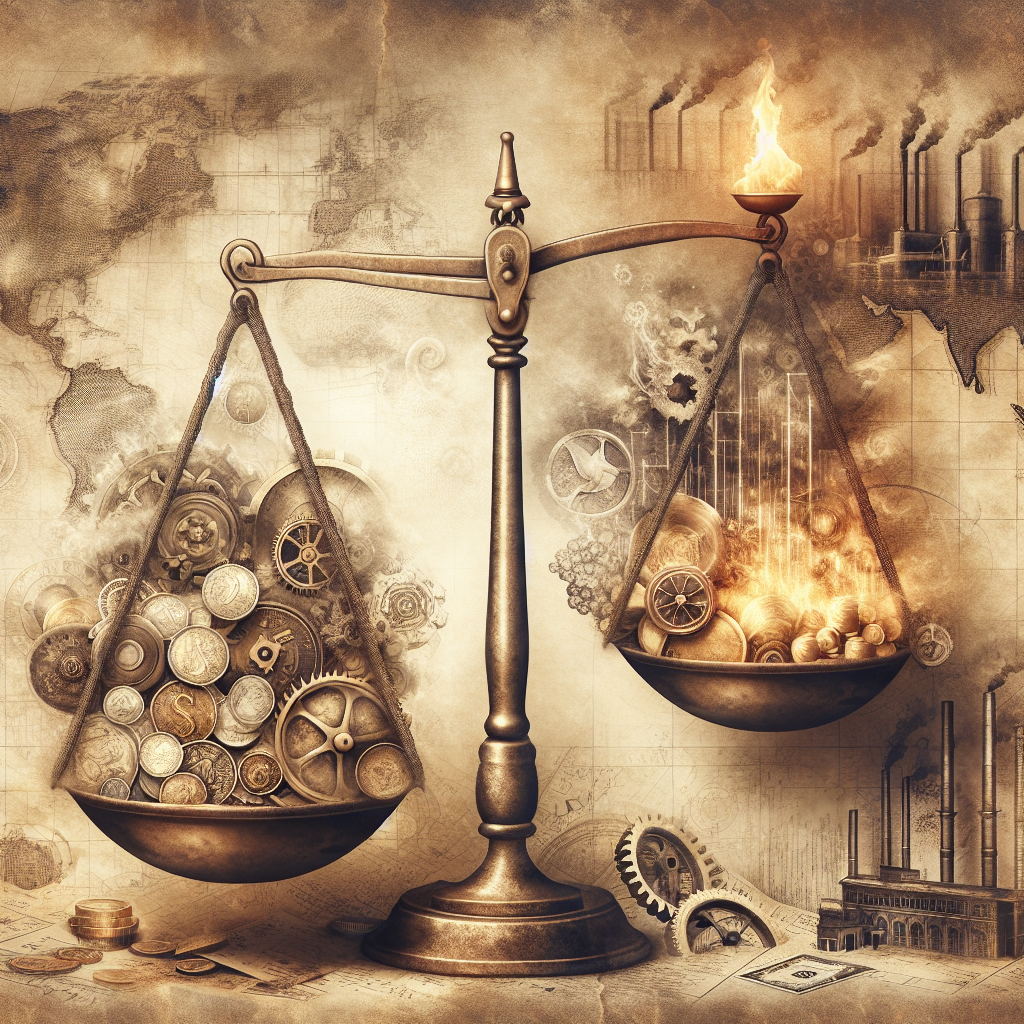The Cost of Economic Nostalgia | AJOPINION
The Cost of Economic Nostalgia
Understanding Economic Nostalgia
Economic nostalgia refers to the longing for past economic conditions perceived as better or more stable. This sentiment often influences public opinion and policy-making, as people yearn for the perceived prosperity of bygone eras.
Drivers of Economic Nostalgia
- Perceived Stability: Many people associate past economic periods with stability and growth, often overlooking the challenges of those times.
- Globalization and Technological Change: Rapid changes in technology and global markets can create uncertainty, prompting a desire to return to simpler times.
- Socioeconomic Disparities: Growing income inequality and job displacement contribute to the longing for past economic conditions.
Impacts on Policy and Society
Economic nostalgia can significantly influence policy decisions and societal attitudes, often leading to:
- Protectionist Policies: Governments may implement trade barriers and tariffs to protect domestic industries, aiming to recreate past economic conditions.
- Resistance to Change: Nostalgia can hinder innovation and adaptation, as societies resist necessary changes to address current economic challenges.
- Political Polarization: Politicians may exploit economic nostalgia to gain support, leading to increased division and partisanship.
Challenges and Opportunities
While economic nostalgia presents challenges, it also offers opportunities for growth and adaptation:
- Addressing Inequality: By understanding the roots of economic nostalgia, policymakers can address underlying issues such as inequality and job displacement.
- Promoting Innovation: Encouraging innovation and adaptation can help societies move forward while respecting the past.
- Inclusive Growth: Fostering inclusive economic growth can mitigate the negative impacts of nostalgia and create a more equitable future.
Conclusion
Economic nostalgia is a powerful force that shapes public opinion and policy. While it can lead to protectionism and resistance to change, it also highlights the need to address socioeconomic disparities and promote inclusive growth. By understanding and addressing the roots of economic nostalgia, societies can navigate current challenges and build a more equitable future.








































